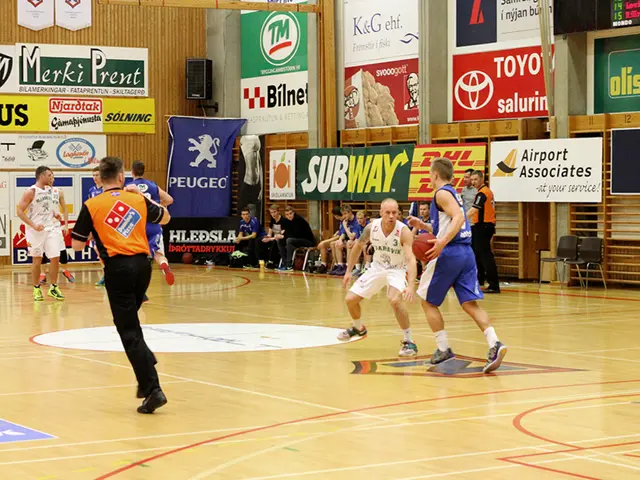Drunken Driving Chaos in Nordwestmecklenburg
A reckless driver with a blood alcohol level over the legal limit caused multiple accidents in the Nordwestmecklenburg district, as reported by local authorities. The incident unfolded on Thursday near Damshagen when the 59-year-old driver rear-ended a car ahead, then fled the scene.
However, the victim gave chase and confronted the driver, who attempted to escape again. The chase ended when the intoxicated individual lost control of the vehicle, crashing onto private property, damaging a stationary car, hedge, and fence.
Upon arriving at the scene, police found the driver unwilling to cooperate, attempting another escape. Officers were forced to break a window to extract the man, leading to minor injuries. He now faces charges for endangerment, leaving the scene of an accident, resisting law enforcement, and potential unlicensed driving.
This incident was not an isolated event in Nordwestmecklenburg. Witnesses reported additional incidents caused by drunken driving, putting both road users and property at risk.
Drunken driving remains a significant concern in Germany, with local and federal authorities working diligently to address the issue. The German Federal Statistical Office regularly releases reports detailing alcohol-related traffic accident statistics, underscoring the prevalence of these incidents.
For the most current and specific data on drunken driving in Nordwestmecklenburg, contacting local police or the district's statistical office would be essential. These organizations can provide detailed information on the number of accidents, arrests, and related charges within the district.
Organizations like the German Road Safety Council and the Federal Highway Research Institute also publish studies and reports on road safety, offering broader insights into the issue across various regions in Germany. By staying informed and taking precautions, the community in Nordwestmecklenburg can work together to prevent further dangerous incidents caused by drunken driving.








